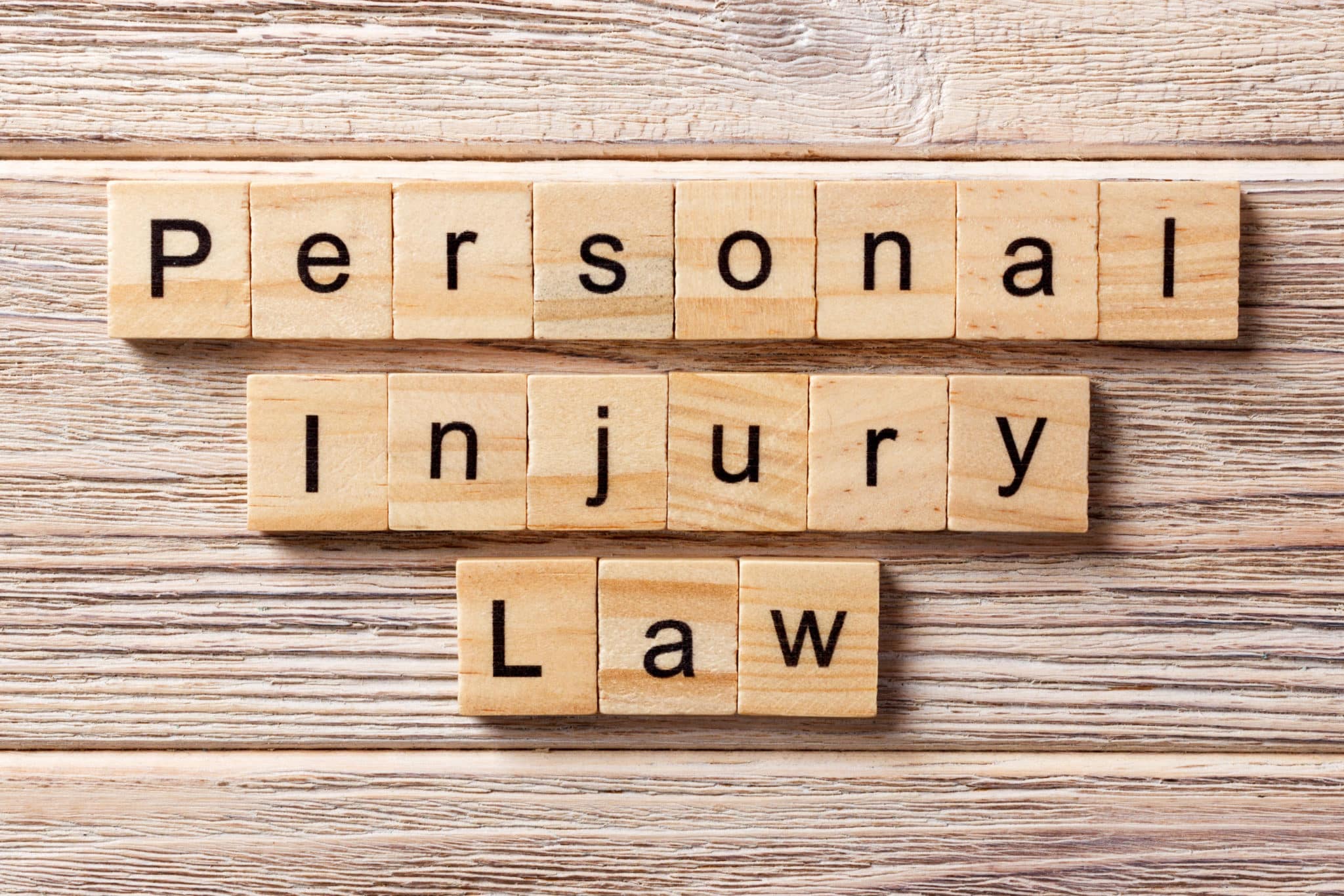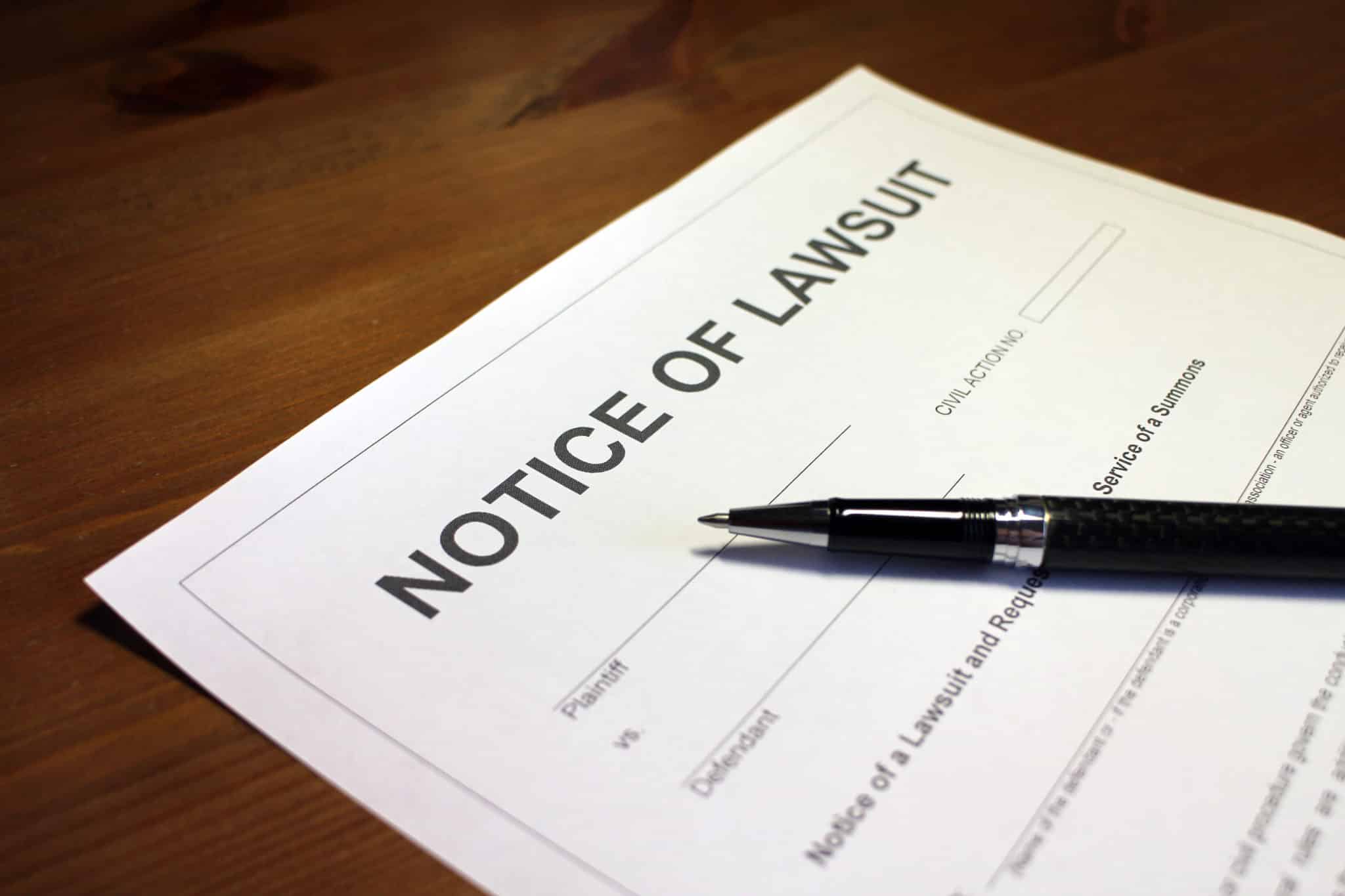A common question we receive as attorneys is “How long will my injury case last?” Unfortunately, there is no one-size-fits-all answer. The length of your case depends on the particular facts of your unique case. Here are several factors that can affect how long your personal injury case will last.
What Kind of Case Do You Have?
The biggest factor that will affect the length of your case is what kind of case you have. For example, products liability and medical malpractice cases involve complicated factual issues and many more witnesses. Cases like these could take 1-3 years and if it’s a complicated case that gets appealed, it could take up top 5-6 years to finalize. On the other hand, if you have a rather simple case like getting rear-ended while driving with minor injuries, you may be able to reach a settlement within 4-5 months without having to file a lawsuit. It really just depends on what type of case you have.
Do Your Injuries Exceed the Insurance Limits?
Another factor that can affect the length of your case is your injuries and the insurance limits. When your injuries do not exceed the insurance limits and there are more difficult factual disputes in the case, your case might take a bit longer. Another thing to consider is the potential consequences of settling too early. You don’t want to rush into a settlement without knowing the full extent of your injuries and how much medical care you will need to recover. If you are seeking treatment for your injuries and still have to follow up with your medical professional, there is no harm in waiting to see the results of the follow up. If you rush to settle and later find out that you have more injuries or need more medical treatment, you can never go back and ask for more compensation.
Does Your Attorney Have to File a Lawsuit?
Getting your case resolved without filing a lawsuit will result in faster compensation. However, this is only advisable when the at-fault party or their insurer make a reasonable offer to settle. If a reasonable settlement offer is not made by the at-fault party or their insurer, a lawsuit may be necessary to maximize any recovery. When you file a personal injury lawsuit, the lawsuit process usually takes well over a year.
If you want to settle your case without filing a lawsuit, the right timing largely depends on the severity of the injuries, what the medical bills are and what insurance is available (i.e. How long does it take to know the full extent of your medical damages as well as your future prognosis?). If your attorney ends up having to file a lawsuit, plan for more time to resolve your case. When a lawsuit is filed, there may be many months of formal discovery, mediations, trials and possible appeals.
What Court Is Your Lawsuit Filed In?
Another factor that can affect the length of your case is what court your case is filed in. For small claims in Georgia, you can file in Magistrate Court and get a hearing pretty quickly. If your case is filed in State Court or Superior Court, it may take longer because there are other criminal cases that take priority. Federal courts are typically faster than state courts because federal district courts have strict deadlines and rules you must follow the help expedite the case.
Overall, the time it will take to get your case settled depends on the particular facts of your case. If you have been injured and would like a free consultation on the particulars of your Georgia personal injury claim, please reach out to the attorneys at Williams Elleby Howard & Easter by calling 833-LEGAL-GA.

